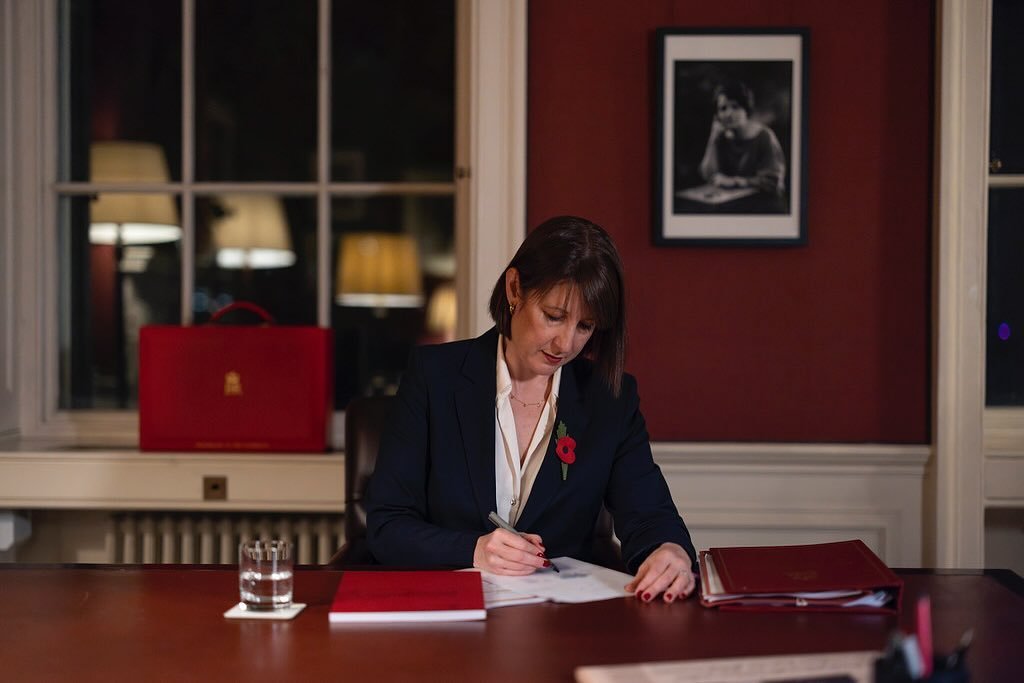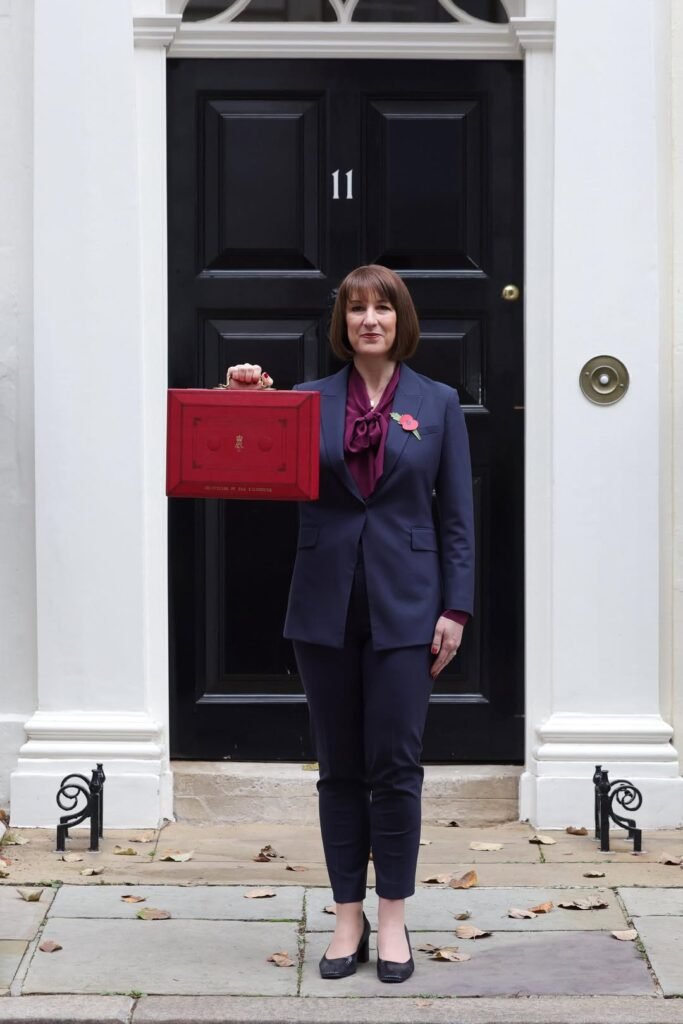Rachel Reeves, the UK’s first female Chancellor of the Exchequer, has found herself at the centre of a political and economic storm. In recent weeks, her name has dominated headlines and search trends across the country. The drama unfolding in Westminster has not only tested her resolve but also sent ripples through financial markets and the wider public. As the government grapples with welfare reform and fiscal challenges, Reeves’s future and her policies have become a focal point for debate and speculation.
A Historic Appointment and High Expectations
When Rachel Reeves took office as Chancellor last year, she broke new ground as the first woman to hold one of the UK’s most powerful positions. Her background at the Bank of England and her reputation for economic rigour raised hopes that she would restore stability after the turbulence of previous administrations. Reeves promised to bring fiscal credibility back to the Treasury, a pledge that resonated with both investors and the public.
Welfare Reform: The Tipping Point
The most recent controversy centres on the government’s attempt to overhaul the welfare system. The proposed reforms aimed to save around £5 billion by tightening eligibility for Personal Independence Payment (PIP) and adjusting Universal Credit rules. These changes were designed to address the rising cost of social security, which many experts warn could threaten the nation’s finances if left unchecked.
However, the bill faced fierce opposition from within the Labour Party and from disability rights groups. Critics argued that the reforms would hit the most vulnerable hardest, with some MPs labelling the cuts “Dickensian” and out of step with modern Britain. The government was forced to make a series of last-minute concessions, watering down the bill to secure enough support in Parliament. In the end, the legislation passed, but only after its most significant cost-saving measures were removed.
Political Fallout and Personal Strain
The fallout from the welfare bill has been dramatic. During a heated session of Prime Minister’s Questions, Reeves was seen visibly upset, wiping away tears as the Prime Minister faced a barrage of criticism over the government’s U-turns. The Chancellor’s spokesperson later said she was dealing with a personal matter, but the timing fuelled speculation about her future in the Cabinet.
Prime Minister Keir Starmer initially declined to guarantee Reeves would remain in her post, further stoking rumours of a possible reshuffle. However, Downing Street moved quickly to assert that Reeves had the Prime Minister’s “full backing” and was “going nowhere”. Despite this, bookmakers suspended betting on her departure, and political commentators questioned whether her position was tenable in the long term.

Market Turbulence and Economic Uncertainty
The political drama has not been confined to Westminster. Financial markets reacted sharply to the uncertainty surrounding Reeves’s future and the government’s fiscal plans. The pound fell by more than 1% against the dollar, and UK government bond yields saw their biggest one-day jump since the aftermath of Liz Truss’s ill-fated mini-budget in 2022. Investors expressed concern that the government’s ability to meet its self-imposed fiscal rules was now in doubt, especially with the anticipated savings from welfare reform evaporating.
Analysts noted that Reeves’s commitment to fiscal discipline had been a key factor in maintaining market confidence. Her sudden exit, or a shift towards a more expansionary fiscal stance, could unsettle investors further. The Chancellor now faces a shortfall of up to £32 billion against her fiscal rules ahead of the autumn Budget, according to some estimates.
Expert Insights and Official Responses
Economic experts have weighed in on the situation, highlighting the delicate balance Reeves must strike. The Institute for Fiscal Studies warned that the watered-down welfare bill would no longer deliver the intended £5 billion in annual savings by 2030, raising the prospect of future tax rises or spending cuts. The Office for Budget Responsibility has also flagged the risk that even modest changes in economic forecasts could force the government to revisit its fiscal plans.
Despite the setbacks, Reeves has insisted that her approach remains focused on stability and long-term growth. She has repeatedly emphasised the need to limit government borrowing and protect the UK’s fiscal reputation. However, with public finances under strain and political support wavering, the path ahead looks increasingly challenging.
The Human Side of Leadership
The recent scenes in Parliament have also shone a light on the personal pressures faced by those in high office. Reeves’s emotional response has sparked a wider conversation about the toll of political life, especially for women in leadership roles. Supporters have praised her resilience and dedication, while critics argue that the government’s handling of welfare reform has exposed deeper flaws in its approach.
The Aftermath of the Welfare U-Turn
Rachel Reeves remains at the centre of the UK’s political and economic debate following the government’s dramatic reversal on welfare reform. The decision to scale back proposed cuts left a significant gap in the government’s fiscal plans, with estimates suggesting a shortfall of nearly £5 billion. This move, forced by internal party opposition and public backlash, has intensified scrutiny of Reeves’s leadership and the government’s economic strategy.
What Comes Next for Rachel Reeves?
As the dust settles, all eyes remain on Rachel Reeves. The coming months will be crucial as she prepares for the autumn Budget and seeks to rebuild confidence in her leadership. The government’s ability to deliver on its promises, manage public finances, and maintain social cohesion will depend in no small part on her decisions.
Reeves’s story is far from over. Whether she emerges stronger from this crisis or becomes another casualty of Westminster’s relentless pressures will shape not only her legacy but also the future direction of Britain’s economy.
Conclusion:
Rachel Reeves stands at a crossroads, facing immense political and economic challenges. Her handling of the welfare reform bill and the subsequent fallout have tested her leadership and the government’s stability. As the UK navigates uncertain times, Reeves’s actions and decisions will continue to make headlines and influence the nation’s future. The coming weeks will reveal whether she can weather the storm and deliver the stability and growth she once promised.
Read More: Georgia Taylor: A Northern Star Shining Bright in 2025

